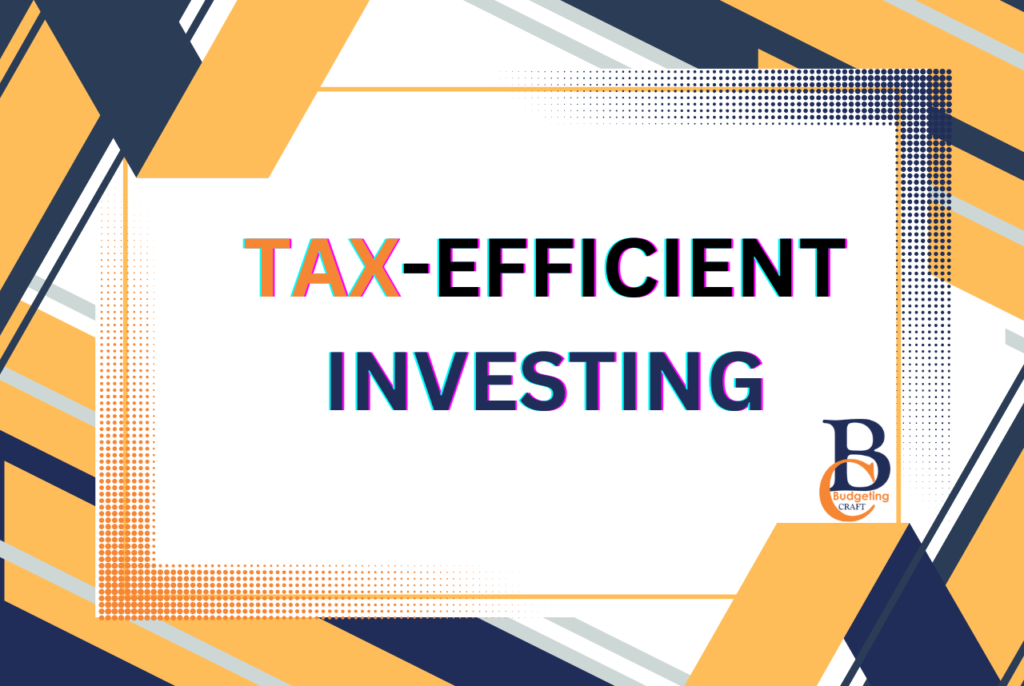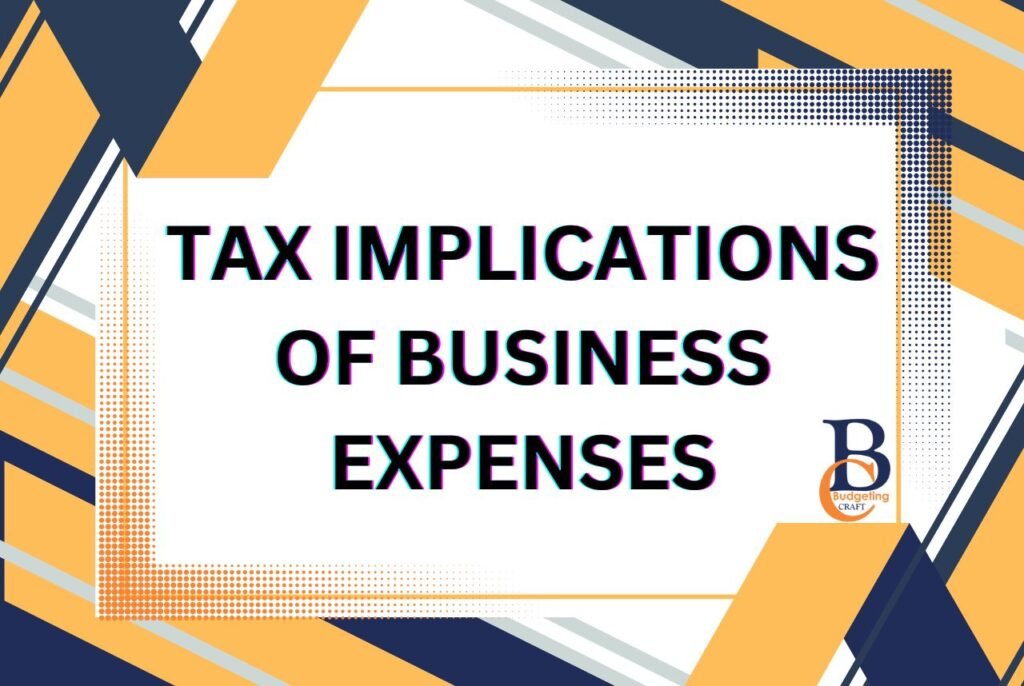Introduction
Freelancing offers unparalleled flexibility and independence. It brings along its tangles, one of which is managing your own taxes. Unlike traditional workers, freelancers take responsibility for their self-employment taxes, business expenses, and compliance with the tax laws. Below is a complete guide to taking control of taxes for freelancers by helping understand self-employment tax, leveraging deductions, quarterly taxes, and being aware of changes to the tax law.
Understand Freelance Taxes
Tax planning for freelancers requires a thorough understanding of self-employment tax, which includes both the employee and employer portions of Social Security and Medicare taxes. Proactive tax planning for freelancers is essential to manage self-employment tax, in addition to federal and state income taxes, and avoid underpayment penalties.
Keystone Tax Responsibilities:
- Self-Employment Tax: This is for your Social Security and Medicare-15.3% of net earnings. It’s divided into two parts: 12.4% for Social Security and 2.9% for Medicare.
- Income Tax: Federal and state income taxes are computed based on taxable income, which equals total income less allowable deductions.
- Quarterly Estimated Taxes: Freelancers also have to pay estimated quarterly taxes in order to make advance payments toward both income tax and self-employment tax to avoid a huge bill in the form of their annual return.
Key Tax Planning Strategies for Consultants
1. Accurate Income and Expense Records
Accurate record-keeping is a cornerstone of effective tax planning for freelancers, enabling them to track income and deductible business expenses. Maintaining comprehensive records is crucial for tax planning for freelancers, ensuring accurate income reporting and proper documentation of deductible expenses .
Tracking Income:
- Invoicing Software: Employ the use of invoicing software to keep records of the amounts clients pay you. Besides, this helps in monitoring debts owed and managing cash flow.
- Bank Statements: Go over regularly in reconciliation to ensure that your income is accounted for, including all income.
Tracking Expenses:
- Categorize Expenses: Put everything in a category, such as office supplies, travel, and software subscription, that pertains to your business to segregate these from personal expenses.
- Keep Receipts: Store all your receipts either digitally or physically. Consider using some of the expense tracking apps, which store digital copies of your receipts and automatically categorize your expenses.
2. Understand and Maximize Deductions
Understanding and maximizing deductions is a key component of tax planning for freelancers, as deducting eligible business expenses can significantly reduce taxable income and lead to substantial savings.Effective tax planning for freelancers involves a thorough understanding of eligible deductions and strategies to maximize them.
Common deductions for freelancers are highlighted below:
- Home Office Deduction: Business use of your home can be an easy deduction if a portion of your home is used exclusively and regularly for business. You may then deduct the business-use percentage of mortgage interest, utilities, and repairs. You may take this deduction using either the regular method or the simplified option.
- Office Supplies and Equipment: The expenses related to essential gadgets like computers, printers, office furniture, software, and so on, are deductible. These deductions also cover the cost of the repair and maintenance of these items.
- Travel and Meals: You can deduct the cost of business travels-flights and accommodation. The cost of meals is 50 percent deductible. Business travels include trips to meet clients, attend conferences, seminars, or any other business events.
For freelancers who frequently travel, budgeting effectively for business trips is essential. Explore more tips here.
Other Possible Deductions:
- Professional Services: Any money paid to accountants, lawyers, or consultants for services rendered to your business is deductible.
- Internet and Phone Bills: You can deduct a part of your internet and phone bills that you spend for business purposes.
- Education and Training: Expenses incurred to enhance your learning in the conduct of your business are deductible. This also includes subscriptions to professional publications and various trade association memberships.
3. Plan for Quarterly Estimated Taxes
Planning for quarterly estimated taxes is a crucial aspect of tax planning for freelancers to avoid underpayment penalties. By these payments, you will pay both your income tax and self-employment taxes.
How to Calculate Estimated Tax
- Estimate Using Last Year’s Income: If you are self-employed, take last year’s income and expenses and adjust the amounts for any anticipated changes in income or deductible expenses.
- Determine the Tax Liability: Utilize the estimator to calculate the amount of estimated tax you need to pay, which should cover federal and state income and self-employment taxes. The IRS makes available Form 1040-ES for this purpose.
Pay the Taxes in Quarterly Installments:
- When to pay the IRS: Estimated tax payments are due April 15, June 15, September 15, and January 15 of the next year.
- Additional State Requirements: Keep in mind that state individual income tax requirements may differ. It is your responsibility to call your state tax authority to learn about any different requirements for reporting your income.
4. Keep Abreast of Tax Law Changes
Staying informed about tax law changes is crucial for effective tax planning for freelancers, as these changes can significantly impact deductions, credits, and the overall tax liability. Proactive tax planning for freelancers requires diligent monitoring of tax law changes to ensure compliance and optimize tax strategies.
Sources to Keep Current:
- IRS Website: The IRS website provides complete information about changes in tax laws, new filing deadlines, and new forms related to taxes.
- Tax Professionals: Consultation with a tax professional may give insight into how any changes in tax laws will affect one’s freelance business.
Recent Changes to Consider:
- Deductions and Credits: Understand what might have changed regarding standard deductions, tax brackets, and available credits. For example, the Tax Cuts and Jobs Act created a 20% deduction for qualified business income, which can apply to freelancers.
- Self-Employment Tax Rates: Know any changes in self-employment tax rates or thresholds
5. Contribution towards Retirement
Tax planning for freelancers should include a strategy for retirement contributions, as these contributions offer significant tax benefits, such as tax-deferred growth and a reduction in taxable income. Freelancers have numerous options to save for retirement with the help of specific and specific benefits.
- SEP IRA: As a freelancer, one may contribute to a certain 25% of net earnings from self-employment; the maximum limit for a contribution in 2023 will be approximately $66,000. One can deduct these contributions from the taxes, and the earnings grow tax-deferred.
- Solo 401(k): Higher contribution limits allow this plan for high employee and employer contributions. The total contribution limit is $66,000, or $73,500 if aged 50 or over. This plan is used in instances when the freelancer is generating income at higher levels.
- Traditional and Roth IRAs: Both are available for freelancers, and the maximum amount that can be contributed is $6,500-$7,500 for anyone 50 years and above. The contribution to a Traditional IRA could be deductible, while Roth IRA contributions are payments with after-tax dollars; the money withdrawn during your retirement is tax-free.
Tax Benefits:
- Tax-Deferred Growth: SEP IRA and Traditional IRA contributions are deductible to lower your taxable income this year. The investments grow tax-deferred until withdrawal.
- Tax-Free Withdrawals: Roth IRA contributions are after-tax, but qualified withdrawals in retirement are tax-free, acting like a hedge against an increase in future tax rates.
Advanced Tax Planning Strategies
1. Incorporate Your Business
Incorporation allows for more advanced tax-saving strategies and additional legal protections of the business.
Most Popular:
- More Write-offs: Deductions for business expenses—such as employer paid fringe benefits and wages to the owner-employee—can be deducted more fully by a corporation.
- Savings on Self-Employment Taxes: The opportunity to split your income between salary and corporate distributions means that a portion of that income will not be subject to self-employment taxes, and money could be saved.
Factors to Consider When Deciding to Incorporate
- Legal and Accounting Costs: Incorporation comes with increased legal as well as accounting costs. Furthermore, it involves more complex bookkeeping and corporate formalities that must be followed.
- Compliance Requirements: There are requirements regarding compliance that every corporation must follow. These may include filing annual reports, maintaining a corporate bank account, and holding meetings on a regular basis.
2. Hire a Tax Professional
A tax professional can guide them through the complex process of tax planning and compliance. The roles that a tax pro can play include preparing accurate tax filings, finding extra deductions, and offering strategic advice on taxes.
Choosing a Tax Professional
- Specialization: Choose a tax professional who has expertise in freelance or self-employment taxes. He is most likely to be more familiar with the challenges and opportunities found in this field.
- Qualifications: Engage services from licensed practitioners such as CPAs or EAs. These licenses are obtained after comprehensive training; they are also bound by professional guidelines.
Professional Guidance Benefits
- Accurate Filing of Taxes: Get your taxes filed accurately and in a timely manner that has no chances of any fines or interest against you.
- Professional Tax Planning: Get expert advice on how to save money on taxes, plan for retirement, and manage estimated tax payments.
3. Create a Health Savings Account
If you have a high-deductible health plan, consider creating a Health Savings Account. HSSAs offer a triple tax advantage because contributions are tax-deductible, earnings grow tax-free, and withdrawals for qualified medical expenses go untaxed.
HSA Contribution Limits for 2023:
- Individual Coverage: Up to $3,850
- Family Coverage: Up to $7,750
- Catch-Up Contribution (55 and Older): Additional $1,000
HSA Benefits:
- Tax Savings: HSAs give you a reduction in your taxable income through deductible contributions. The funds in this account grow tax-free, and the dollars can be used to pay for a wide range of qualified medical expenses.
- Medical Expense Coverage: HSAs can be used to cover medical expenses, such as some that are not generally covered by insurance, like dental and vision.
Conclusion
Effective tax planning for freelancers is an essential aspect of successful freelancing, requiring proactive management and a thorough understanding of tax obligations. Knowing your tax obligations, taking full advantage of deductions, planning for estimated taxes, and keeping abreast of changes to tax law will help optimize financial health and avoid expensive mistakes.
The self-employment tax pays for Social Security and Medicare—a total of 15.3% of net earnings. It includes 12.4% for Social Security and 2.9% for Medicare.
To increase one's deductions, a freelancer should try and keep aggressive records of the business expenses accrued, such as home office costs, office supplies, travel expenses, and professional services. He/she may want to consider using accounting software to track and categorize expenses.
Freelancers must pay estimated quarterly taxes in order that they cover the Income and Self-employment taxes levied upon them. The aim is to avoid any under payments that could have been paid during the year.
Setting up a retirement plan—such as a SEP IRA or Solo 401(k)—offers tax benefits, including tax-deductible contributions and tax-deferred growth and allows freelancers to save for retirement while reducing their taxable income.
Incorporating your freelance business, such as forming an LLC or S Corporation, may provide some tax benefits, such as additional deductions and perhaps some self-employment tax savings. Other reasons are piercing through some of the personal liability concerns, together with separating your business finances from your personal ones.



